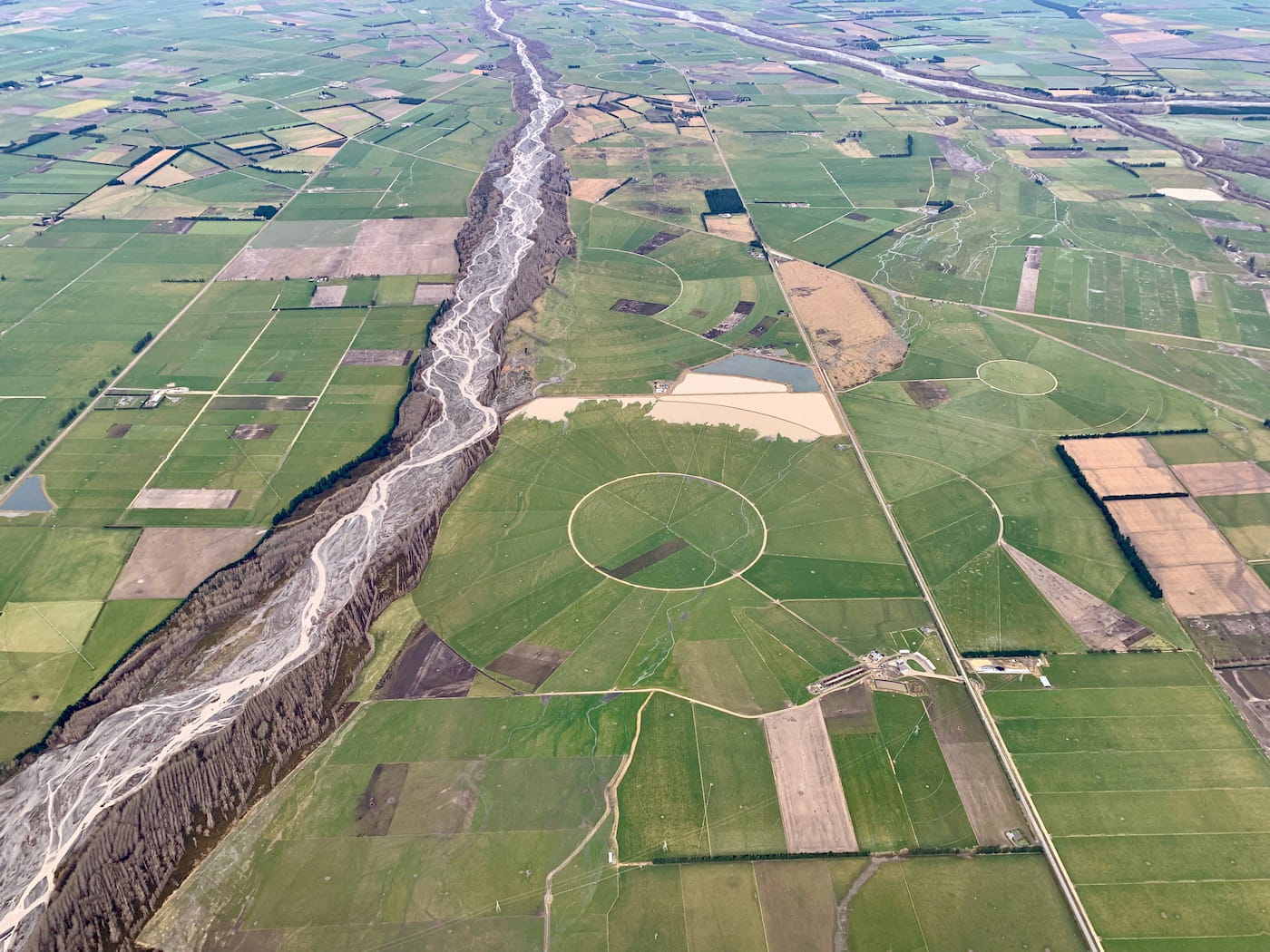An international team of scientists have just found that nitrous oxide emissions are rising much faster than had been previously thought.
Nitrous oxide is a long-lived and potent greenhouse gas, emitted predominantly from agriculture and synthetic nitrogen fertiliser use. Just one tonne of the gas has the same impact on climate change as 265 tonnes of carbon dioxide.
The study comes just weeks after the Government announced that agriculture would continue to be exempt from paying for its emissions under the country’s emissions trading scheme.
“Agriculture is New Zealand’s largest nitrous oxide polluter, yet the Government has done nothing to curb agricultural emissions.”” says Greenpeace campaigner Gen Toop
Use of synthetic nitrogen fertiliser in industrial dairy has been a particular contributor to increased emissions in New Zealand in recent decades.
“The use of synthetic nitrogen fertiliser has increased over 600% since 1990, and this has gone hand in hand with a doubling of dairy cow numbers.”
The study found that global nitrous oxide emissions increased substantially since 2009 and at a faster rate than was estimated by the IPCC. It states that to reduce nitrous oxide emissions “require(s) changes in the human diet and agricultural practices.”
Study lead author Dr Rona Thompson, from the Norwegian Institute for Air Research, said: “Our results suggest that reducing nitrogen fertiliser use in regions where there is already a large nitrogen surplus, will result in larger than proportional reductions in N2O emissions.”
“Synthetic fertiliser is spread onto dairy farms to grow too much grass for too many cows. It is fuelling industrial dairying, which is our country’s biggest climate polluter,” says Toop.
According to the OECD, New Zealand has increased synthetic nitrogen fertiliser use more than any other OECD country since 1990. Nitrous oxide emissions from agriculture now make up around 10% of the country’s gross emissions.
“We are in a climate emergency, forests are burning, sea levels are rising, people are dying. The Government must take action to phase-out synthetic fertiliser and cut cow numbers”
Synthetic fertiliser and intensive dairy are also major sources of pollution into waterways. Over half of NZ’s monitored rivers now have increasing levels of nitrogen pollution.
“There are many regenerative farmers already farming fewer cows without using synthetic fertiliser. It’s time the Government supported the rest of NZ’s farmers to follow suit.”
ENDS
Contact:
Gen Toop, Greenpeace sustainable agriculture campaigner: 021 316 840


